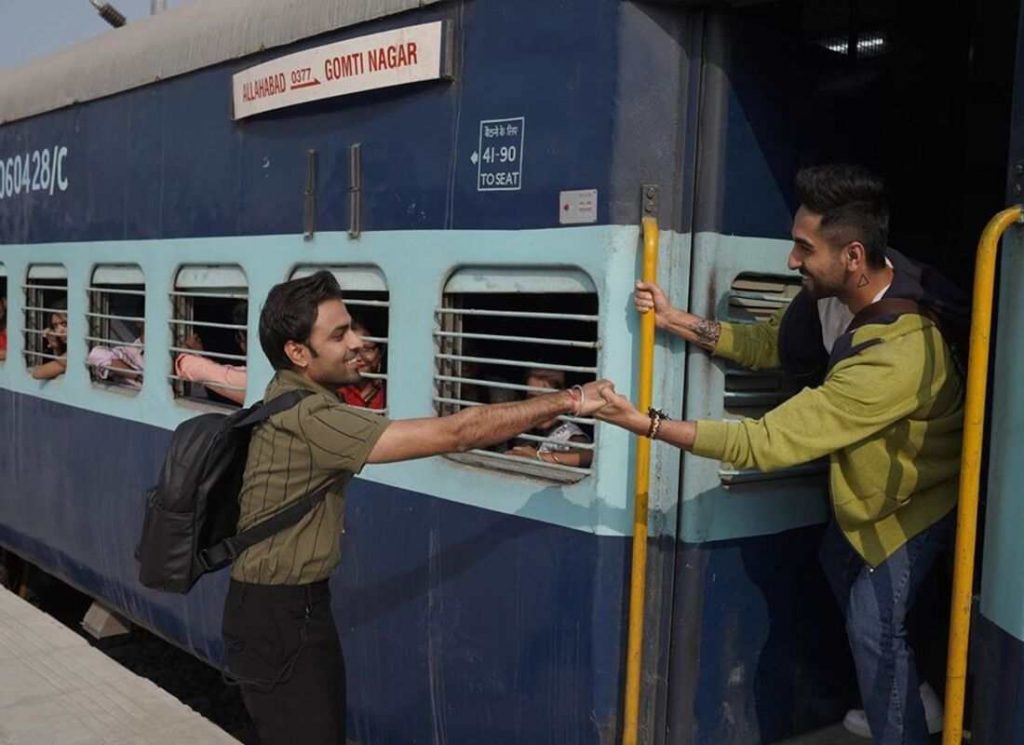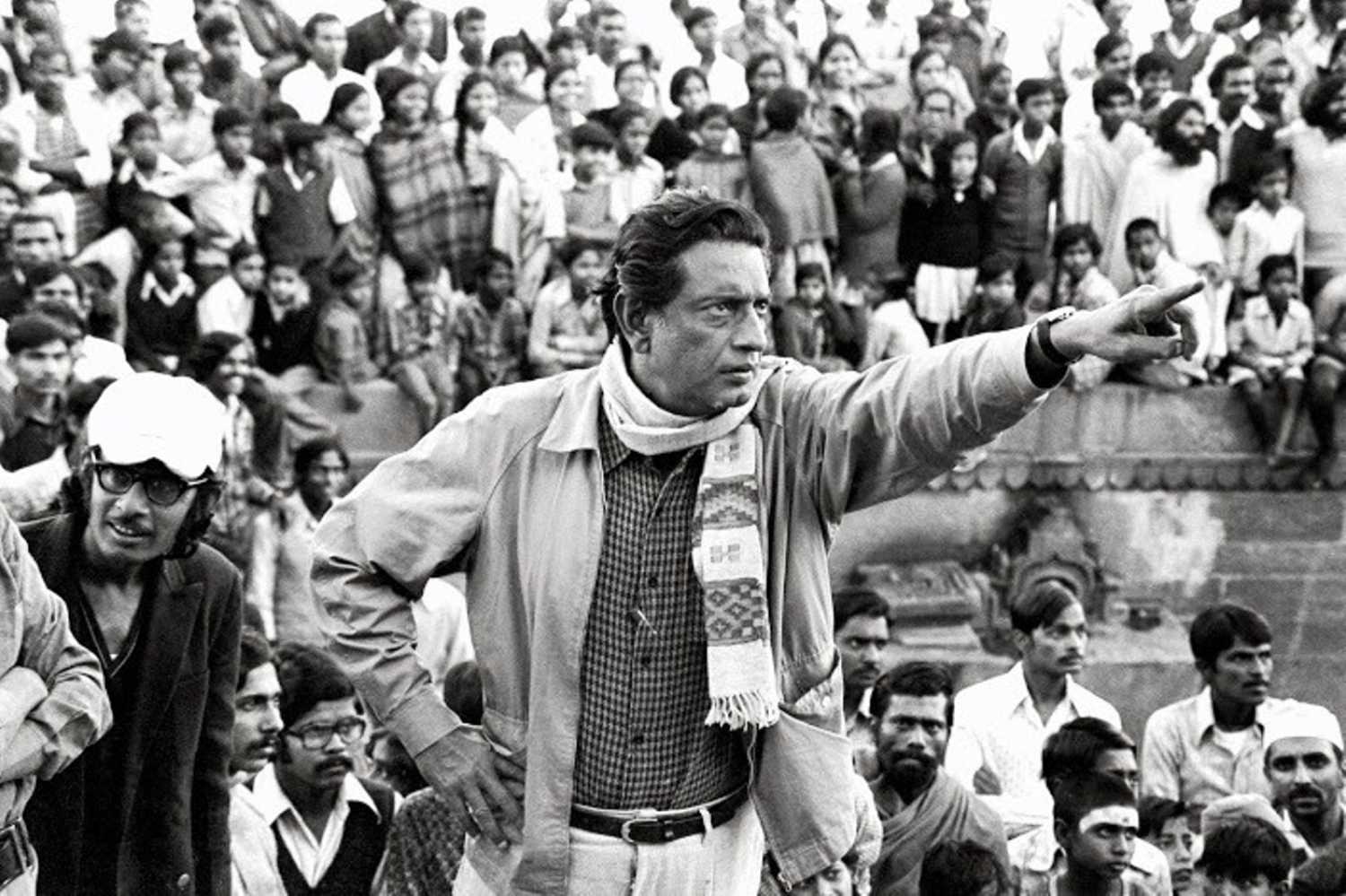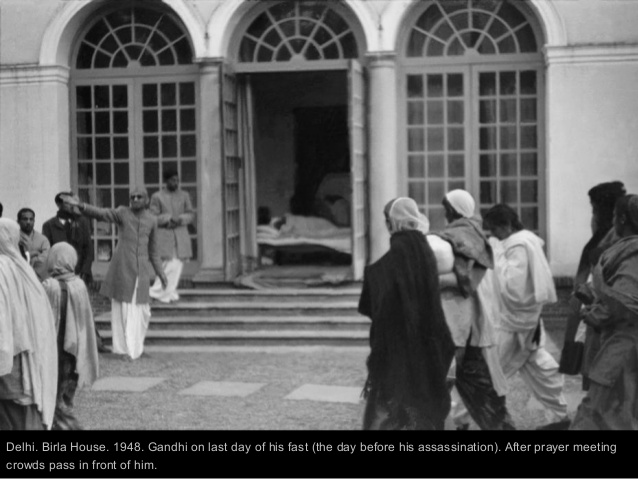
I am neither an expert in gender studies nor a cinematic savvy who can look at these two domains from either of the two vantage points. However, as a keen observer of my society, in this article I wish to focus upon three pertinent points that have been raised by the success of a movie called Shubh Mangal Zyada Saavdhan: The West and the East, The Trajectory of the Transition, and at last, The Beginning of a New Landscape.
The West and the East
Even though the queer community in the western nations are not absolutely free from their issues but it appears that social movements in western nations have made a considerable transformation in the mindset of their respective societies over the period of time. There was a time when Oscar Wilde was convicted for “gross indecency”, but later on Stephen Fry – who played the role of the genius in the movie called Wilde. This movie was well accepted by the audience and as a result, became a huge success. The same could be observed regarding the movie called Bohemian Rhapsody which is a biopic of the famous lead singer of the rock band Queen – Freddie Mercury. This movie proved to be a superhit later on.
Keeping aside the realm of films if we shift our focus towards all other elements that constitute the popular culture of European societies what we find here is that the domain here is full of queer performers. Boy George, Jane Lynch and many other such stars of western society live their lives with dignity and honour. Ironically, such is not the case in the Indian scenario.
The Trajectory of the Transition
It is true that it is not obvious to have a movie in the theatre that makes us rethink and reorient our pattern of perceiving our life, especially in India. Usually, directors, producers, writers and the entire crew behind a movie prefer to develop a movie keeping in mind the success of a theme in the market.
We have often seen men acting like women and vice versa in Bollywood movies. Sometimes this happens for the purpose of comedy, and sometimes for achieving a goal by the actor/actress in the story. Just like Govinda, who is famous for popularising a dandy culture in India, and for acting in movies such as Aunty no.1, Kamal Hassan too has shown his skills successfully in Chachi 420. However, these movies were light-hearted comedy in which the actors gently questioned the gendered norms of their times. This was exactly the time when one of Deepa Mehta’s trilogy called Fire made a subtle leap by taking up an issue which was barely talked about in the mainstream cinema industry. This movie called a huge furore, especially from the camp of Hindutva activists. But a sudden paradigmatic shift began afterwards that paved the way for movies like Margarita with a Straw, Aligarh, Loev and others. Unfortunately, all of them failed to draw the attention of the popular culture of Indian society.
The Beginning of a New Landscape
I don’t intend to eulogize Aushman Khurana, but the fact of the matter is that Ayushman consistently chooses to bring those issues into the limelight that matters yet are usually considered ugly or frivolous. For instance, the movie Vicky Donor was centred around sperm donation, Dum Laga Ke Haisha focused upon body shaming and arranged marriage, Shubh Mangal Saavdhan was based upon erectile dysfunction. Andhadhun talked about the blind pianist, Article 15 highlighted the issue of caste discrimination, Dream Girl presented a story of cross-gender & female impersonation, and Bala portrayed the problem of premature balding brilliantly. And now we have Shubh Mangal Zyada Saavdhan that uses humour to deal with the issue of homosexuality. This man has singlehandedly challenged the callousness of aestheticism.
The fact that Shubh Mangal Zyada Saavdhan has already earned more than 50 crores and is yet to earn more signifies a change in attitude towards the issues of homosexuality. The movie, after all, hammered the stereotypes with immense tenderness. And has properly made its viewers realise that humour is the weapon of unarmed people.
The interesting thing to notice over here is that our country is changing. So let’s hope for more movies in the future that will represent the underrepresented.













